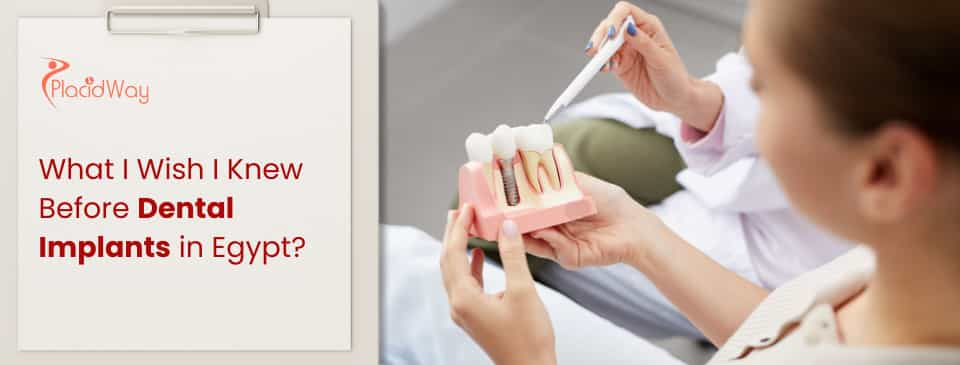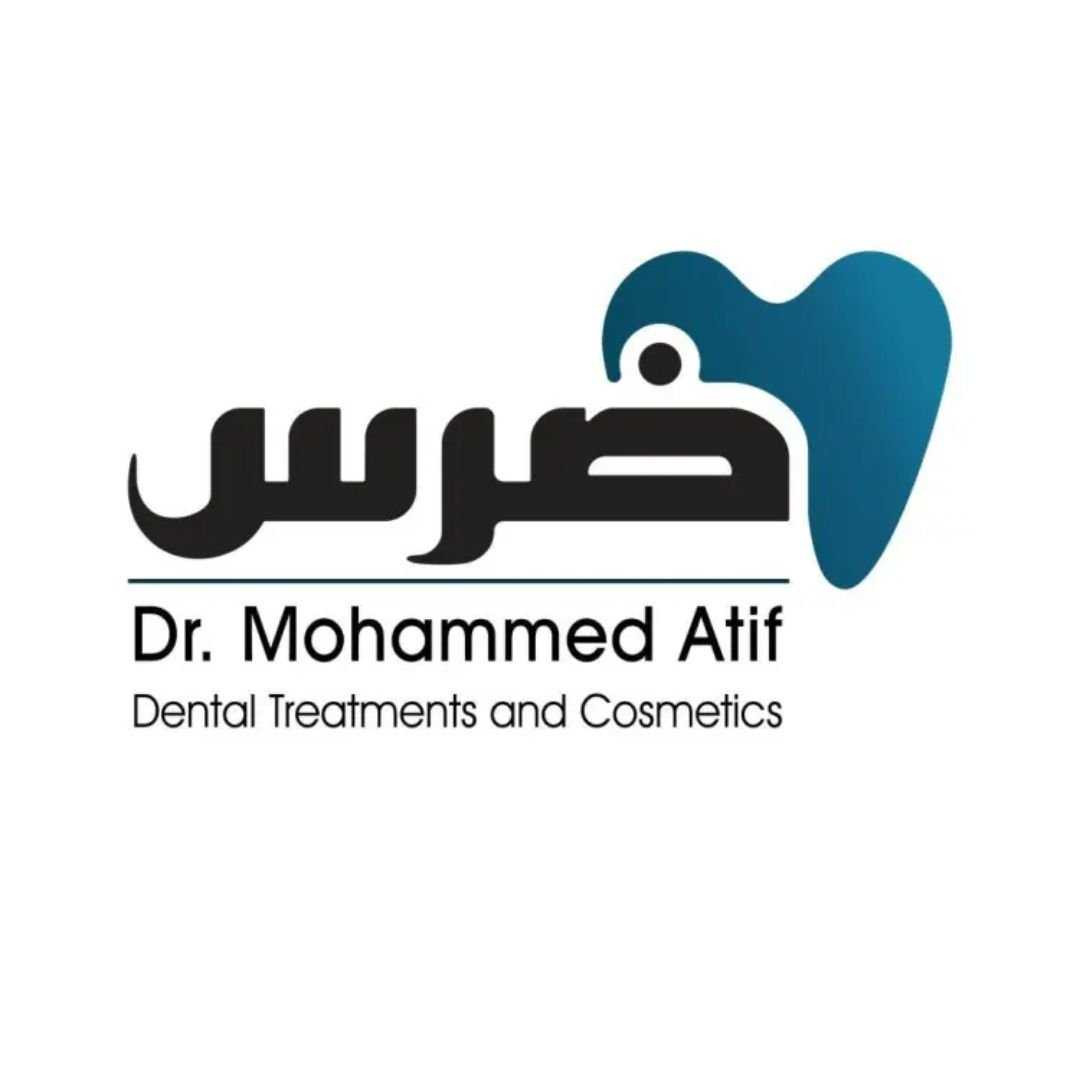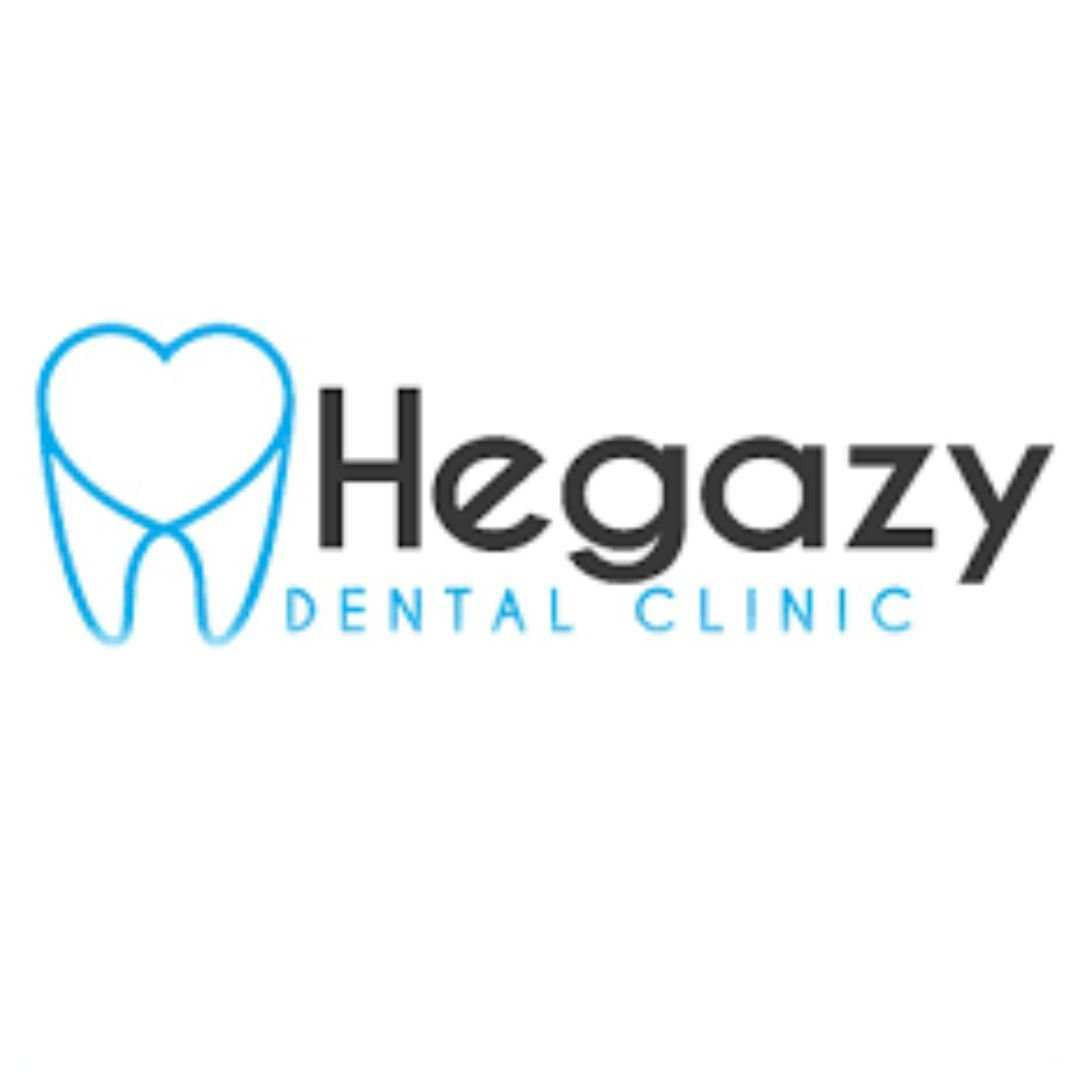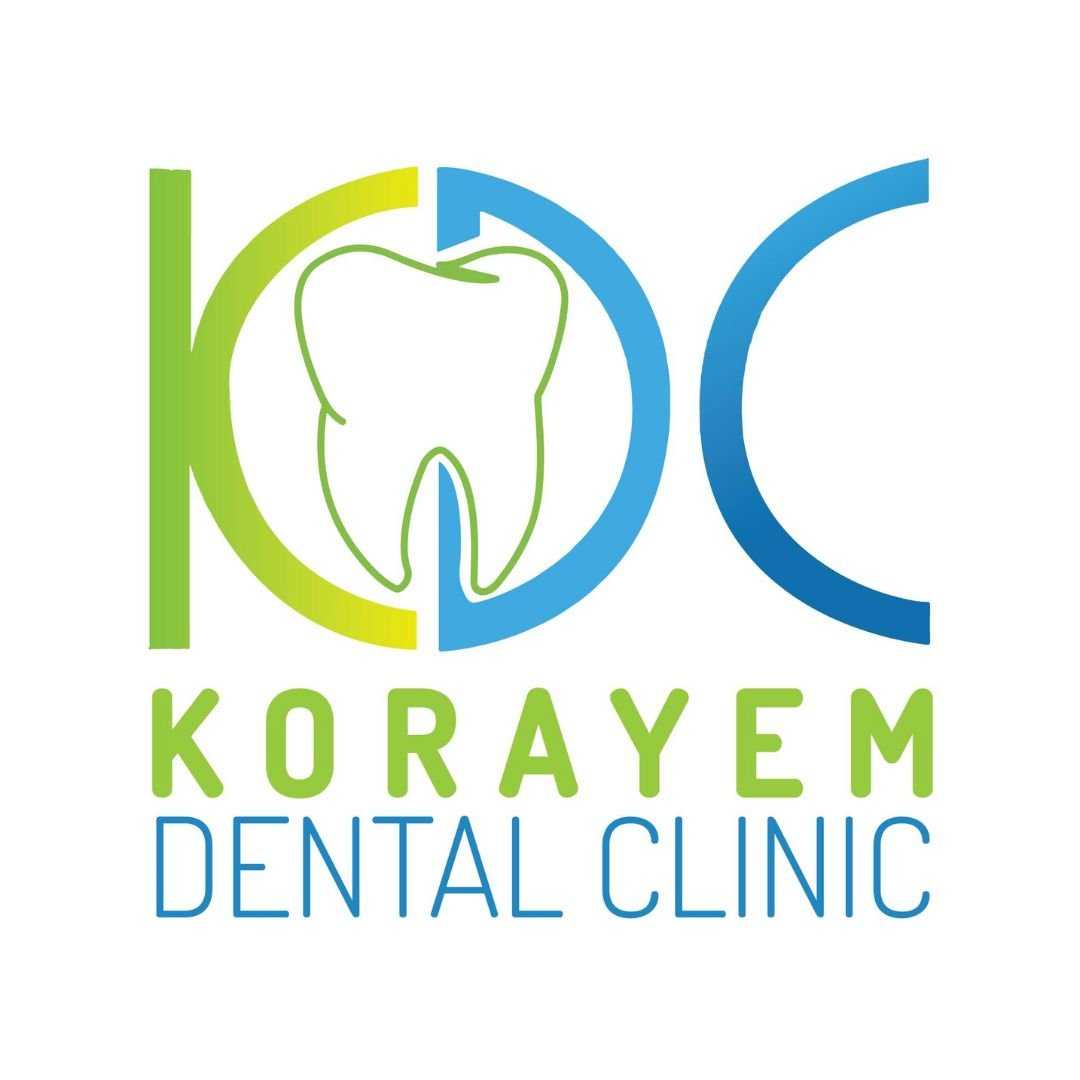Why Consider Dental Implants in Egypt

If you're thinking about getting dental implants in Egypt, you're on a path many have successfully taken before. The idea of combining a trip to a land of ancient wonders with top-tier, affordable dental care is incredibly appealing.
The goal here is to replace any anxiety you might have with confidence, so you can make an informed decision. Getting a new smile in a place like Egypt can be an amazing experience, and with the right information, you can ensure it’s a smooth and successful journey from start to finish. Let's get into the details you're looking for.
How much do dental implants cost in Egypt?
The primary reason people explore dental tourism in Egypt is the incredible cost savings. The lower cost is not a reflection of poor quality but is due to the lower cost of living, operational expenses, and labor in the country. A full-mouth restoration, like an All-on-4 dental implant procedure, can cost between $3,000 and $7,000 per arch in Egypt, whereas the same procedure could easily exceed $20,000 in Western countries.
When getting a quote, make sure it's all-inclusive. Ask if the price includes the implant itself (the titanium post), the abutment (the connector piece), the crown (the final tooth), all consultations, X-rays, and any necessary extractions or bone grafts. Hidden fees can sometimes pop up, so a transparent, itemized quote is essential.
Are dental implants in Egypt safe and high-quality?
This was my biggest concern, and it’s a valid one. The key is due diligence. Look for clinics that have international accreditations, such as from the ISO. Many of the best dental clinics in Egypt, particularly in Cairo, Hurghada, and Alexandria, are staffed by dentists who have received training in Germany, the UK, or the US. They often use globally recognized, high-quality implant brands like Straumann, Nobel Biocare, or other reputable German and American systems.
Before committing, check patient reviews, ask to see before-and-after photos of previous international patients, and have a video consultation with the dentist. This allows you to gauge their professionalism, communication skills, and the cleanliness of their facility. A good clinic will be proud to show off its credentials and technology.
What is the process for a foreigner getting dental implants in Egypt?
Understanding the timeline is crucial. Dental implants are not a one-and-done procedure. The healing period, known as osseointegration, is when the titanium implant fuses with your jawbone, creating a strong foundation. This process is vital for the long-term success of the implant and cannot be rushed.
Here’s a typical breakdown:
- Initial Contact: You'll send your dental records, OPG X-rays, and photos to the clinic for a preliminary assessment and quote.
- Trip 1: You'll have an in-person consultation, 3D CT scans, and the implant surgery. The dentist will place the titanium post into your jawbone. You might be fitted with a temporary tooth.
- Healing Period: You'll return home for 3 to 6 months to allow for osseointegration.
- Trip 2: The dentist will check the implant, expose it, and attach the abutment and the final, custom-made crown.
How do I find the best dental clinics in Egypt?
Don't rely solely on a clinic's website. Dig deeper. Look for reviews on Google, Trustpilot, and medical tourism forums. Pay attention to feedback from other international patients, as they will have gone through the same process you're considering. A reputable clinic will have a strong online presence with a portfolio of their work.
Ask direct questions during your virtual consultation:
- Where did you receive your dental training? Do you have specializations in implantology?
- What implant brands do you use and why?
- What is your success rate with dental implants?
- What is the warranty on the implant and the crown?
- Can you connect me with a former international patient?
What are the pros and cons of getting dental implants in Egypt?
It's important to weigh both sides. The financial benefit is undeniable and is the main driver for most people. Many clinics in Egypt offer a level of care and technology that is on par with, or even exceeds, what you might find at home. Combining treatment with a vacation is also a huge plus.
However, the logistics of two international trips can be a challenge. You must also be comfortable with the follow-up care plan. What happens if you have a minor issue once you're back home? While rare, complications are possible. Reputable clinics will have a clear warranty policy and may have partner dentists in your home country for minor adjustments, but this is something you must clarify beforehand.
How long is the recovery period?
After the surgery on your first trip, you should plan for a few days of rest and relaxation. You'll be given instructions for managing pain (usually with over-the-counter medication), reducing swelling, and keeping the area clean. You'll also be advised to stick to a soft food diet for several days. Most patients feel well enough to do some light sightseeing after 2-3 days.
The long-term healing phase is passive—you won't feel much, but your body is doing the important work of fusing bone to the implant. During this time, it's crucial to maintain excellent oral hygiene and avoid putting excessive pressure on the implant site.
What if I need a bone graft or sinus lift?
A 3D CT scan during your initial consultation will determine if you have enough healthy bone to secure the implant. If not, the dentist will recommend a bone graft. This procedure adds bone material (either synthetic or from a donor) to your jaw. In some cases, a minor graft can be done at the same time as the implant placement. For more significant bone loss, the graft may need to heal for several months before the implant can be placed, potentially requiring an extra trip.
Always ask about the potential need for a bone graft during your initial remote consultation and ensure the cost is included in your quote if it's deemed likely.
Can I combine my dental treatment with a holiday?
This is one of the biggest perks of dental tourism in Egypt. Plan your surgery for the first couple of days after you arrive. After a 2-3 day recovery period where you'll want to take it easy, you'll be free to explore. You can visit the Pyramids of Giza, cruise the Nile, or relax by the Red Sea. Many clinics offer packages that include hotel stays and airport transfers, simplifying the logistics for you.
Just be sure to follow your dentist's post-operative instructions, especially regarding diet and physical activity. You wouldn't want to compromise your healing process.
Ready to explore your options for affordable, high-quality dental care?
PlacidWay is a leader in medical tourism, connecting patients with trusted, world-class dental clinics in Egypt and beyond. Let us help you find a verified provider for your dental implants. Explore your options with PlacidWay today!


.png)
.png)

.png)
.png)
.png)









Share this listing